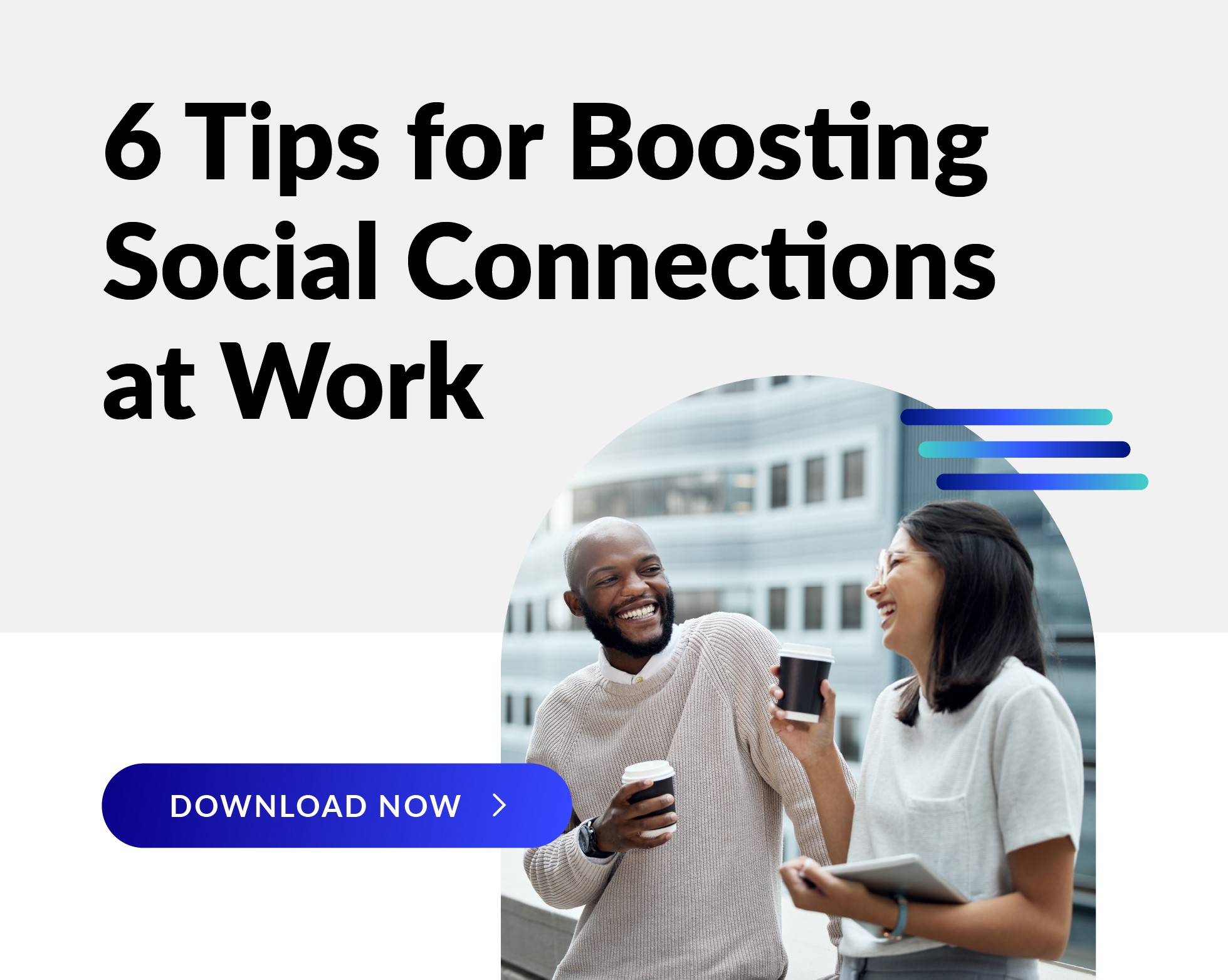
According to the Association of Family Practitioners, two out of three doctors office visits are for stress-related symptoms such as headaches, heart palpitations, trouble sleeping and tension.
There’s good news though. By becoming more resilient, your employees are less likely to experience these types of stress-related symptoms—helping them to stay healthy and performing at their best. But you might be wondering, how do I achieve a resilient workforce at my organization?
At WebMD Health Services, we recently learned the answer to that question and more. Throughout the year we meet with our Employer Client Council to share ideas, learn best practices and lead presentations about well-being in the workplace. This past meeting, we had the pleasure of learning about resilience during a presentation from Dr. Andrew Shatté—Co-Founder and Chief Science Officer of meQuilibrium and a respected professor and researcher at The University of Arizona.
During his presentation, Dr. Shatté said resilience can help people reduce stress by improving their ability to bounce back from difficult experiences—whether at work or home. He also added that when your employees are resilient they will be able to recognize a stressful situation, so they can react properly, adapt quickly and maintain their physical and psychological well-being.
Say an employee recently went through a divorce. If they are resilient, they may be able to look at the experience as an opportunity to build a new life and prevent their emotions from affecting their well-being. Or, maybe an employee is struggling to adjust to a new role with more responsibility. By becoming more resilient, they may be able to maintain a positive attitude and face new obstacles with confidence.
Even better, everyone has the ability to be resilient. It isn’t a personality trait or something you’re born with— being resilient is something that can be learned by acquiring a few important skills.
To help you work toward better well-being in your organization, we’ve listed some of the top skills that lead to resilience:
1. Emotional control.
Emotions can drive behavior. When your employees let their emotions take control, they are more prone to making decisions they might regret. It’s healthy to talk about your emotions—but sending an angry email in the heat of the moment will almost always lead to regret and an unhealthy working environment.
2. Adaptability.
The only constant in life is change. Your employees may have their first child, lose a loved one or experience another stressful change in their life. Although they can’t make the challenges that come with these changes disappear, they can accept their new circumstances and take steps to improve their quality of life.
3. The right perspective.
Pessimism can prevent people from pushing ahead in the face of adversity. But, research says being overly optimistic can also hinder performance. People who are resilient have mastered realistic optimism—they see the challenges ahead but feel ready to move forward and know they’ll get through it.
4. Empathy.
Empathy is the ability to see yourself in someone else’s shoes. When people are more empathetic, they realize everyone faces hardships and more readily accept their own personal circumstances when life presents obstacles. For your organization, this can lead to more resilient employees and better relationships between co-workers, clients and customers.
5. Open-mindedness.
Preconceived notions are subconscious beliefs that many people have about work, relationships and social situations. More often than not, they drive harmful behavior that leads to stress. For example, employees who have the preconceived notion “if you want it done right, do it yourself,” are likely to take one too much work and burn out. To become resilient, it’s best to keep an open mind in any situation.
Incorporate resilience into your holistic well-being program.
To help your employees master the skills needed to be more resilient, consider offering stress management and resilience tools through your well-being program. WebMD Health Services is proud to partner with meQuilibrium because we feel that they provide best-in-class online stress and resilience management. It’s a personalized program designed to help your employees feel more resilient and focus on what’s important to them.
Empower your employees to evaluate their stress personality type, thinking patterns and lifestyle habits to pinpoint areas that cause them to feel overwhelmed—in just 10 minutes. Then, it will provide them with a mix of interactive lessons and activities that can help the way they respond to life’s daily pressures, which can help lead to plenty of benefits, including:
- Improved duration and quality of sleep.
- Balance and calm, even in life’s most stressful moments.
- Greater focus and clarity.
- A balanced perspective and ability to feel better about what’s ahead.
Achieve resiliency in your organization.
Change is always around the corner and can cause stress for anyone. But as Dr. Shatté has taught us, becoming more resilient can help us to be prepared, no matter what life throws our way.
Related Content:
- Webinar: Why Resilience Matters


